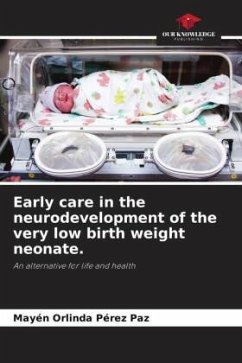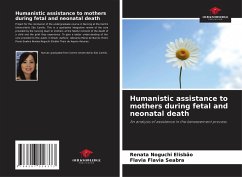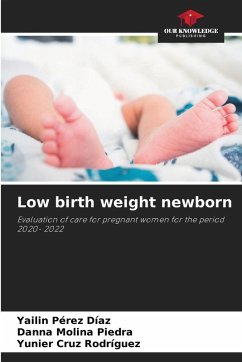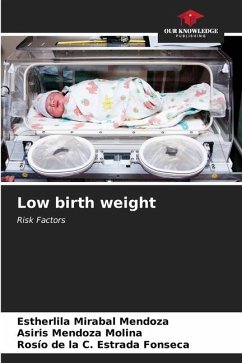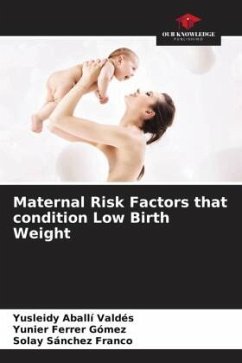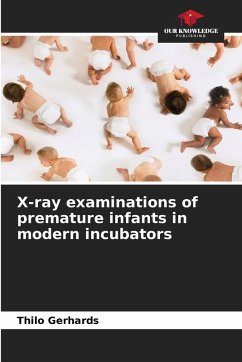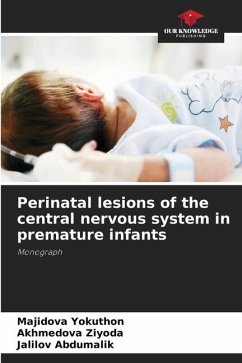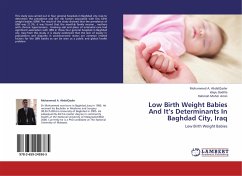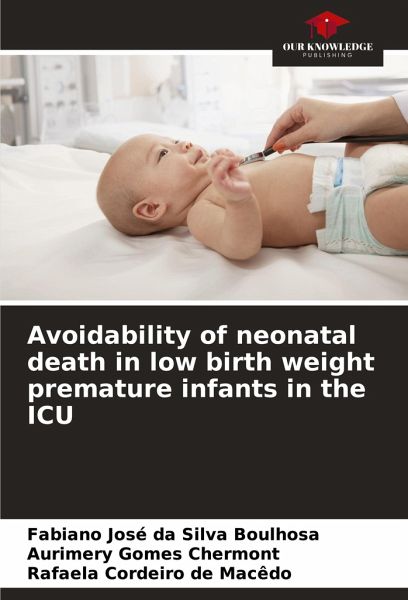
Avoidability of neonatal death in low birth weight premature infants in the ICU
Versandkostenfrei!
Versandfertig in 6-10 Tagen
36,99 €
inkl. MwSt.

PAYBACK Punkte
18 °P sammeln!
Analysing neonatal intensive care units, low birth weight is an important cause of morbidity and mortality. Researchers point out that knowledge of the population treated in hospital services can subsidise health care actions, meeting their needs and planning efficient care. Methodology An analytical, comparative and retrospective study of the profile of NBs under/equal to 1,500g admitted to the ICUs of a teaching hospital in the northern region of Portugal. Discharge/death outcome factors were subjected to multivariate analysis. The lower the NB's weight, the greater the chances of death due ...
Analysing neonatal intensive care units, low birth weight is an important cause of morbidity and mortality. Researchers point out that knowledge of the population treated in hospital services can subsidise health care actions, meeting their needs and planning efficient care. Methodology An analytical, comparative and retrospective study of the profile of NBs under/equal to 1,500g admitted to the ICUs of a teaching hospital in the northern region of Portugal. Discharge/death outcome factors were subjected to multivariate analysis. The lower the NB's weight, the greater the chances of death due to various complications. In other words, the lower the weight, the more medication resources were used. However, despite the data, there was no increase in the length of stay in the units and/or a reduction in the mortality rate. In this context, we can see the fragility of health services in relation to the care of low birth weight neonates in ICUs and the need to apply new routines and continuing education, so that neonates can have a longer survival with better results.





